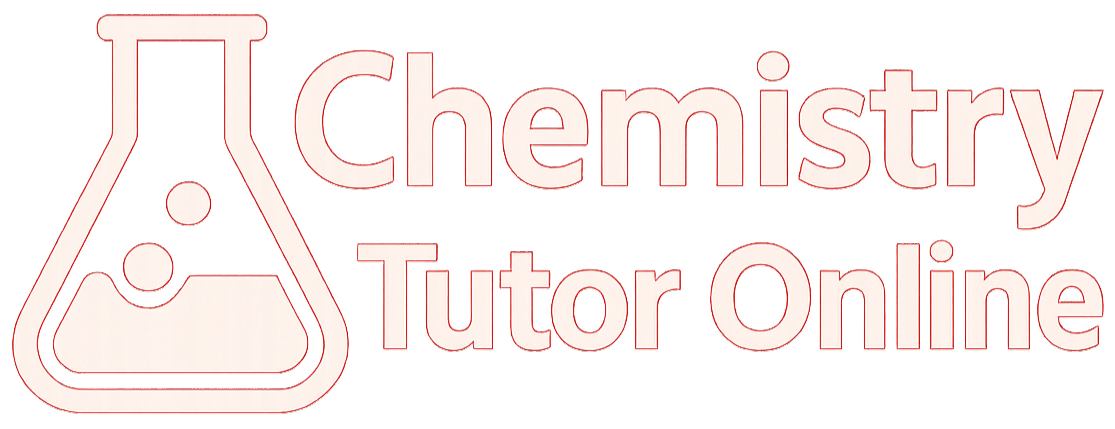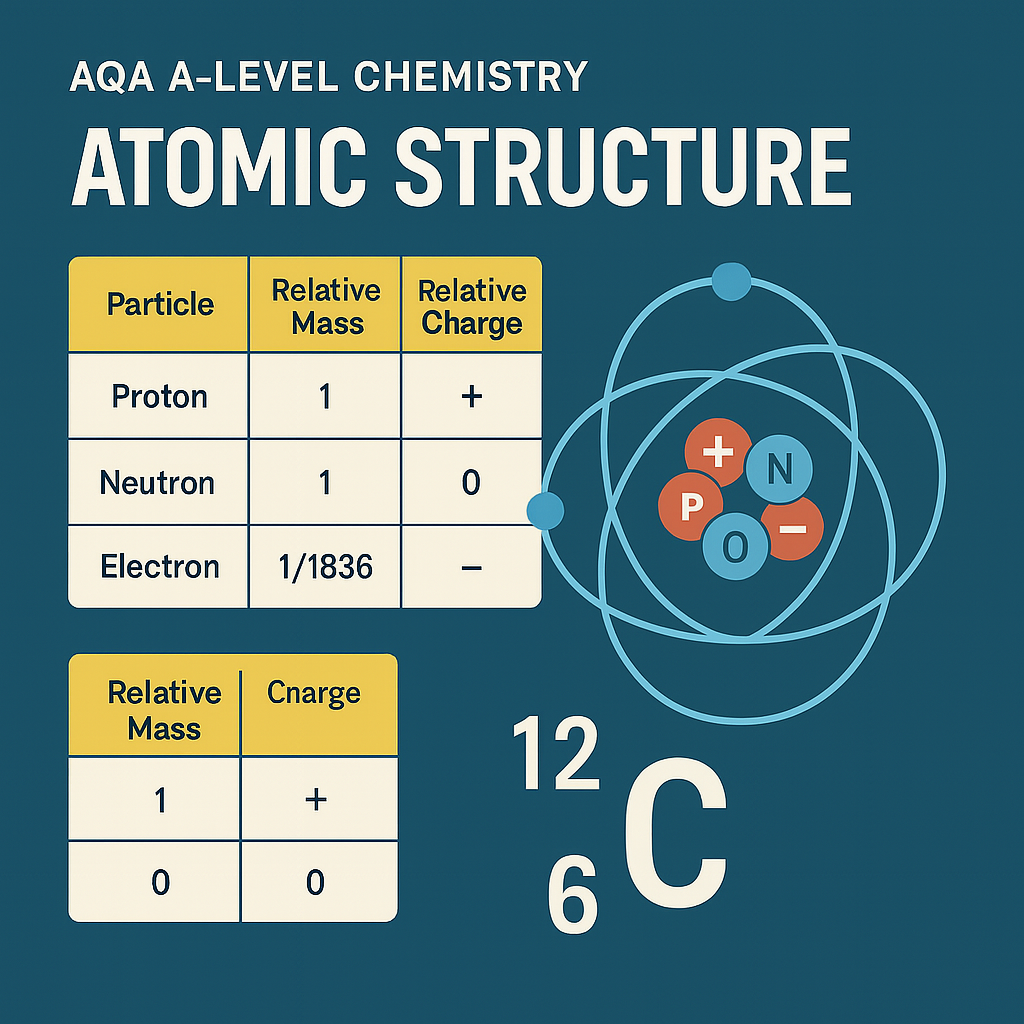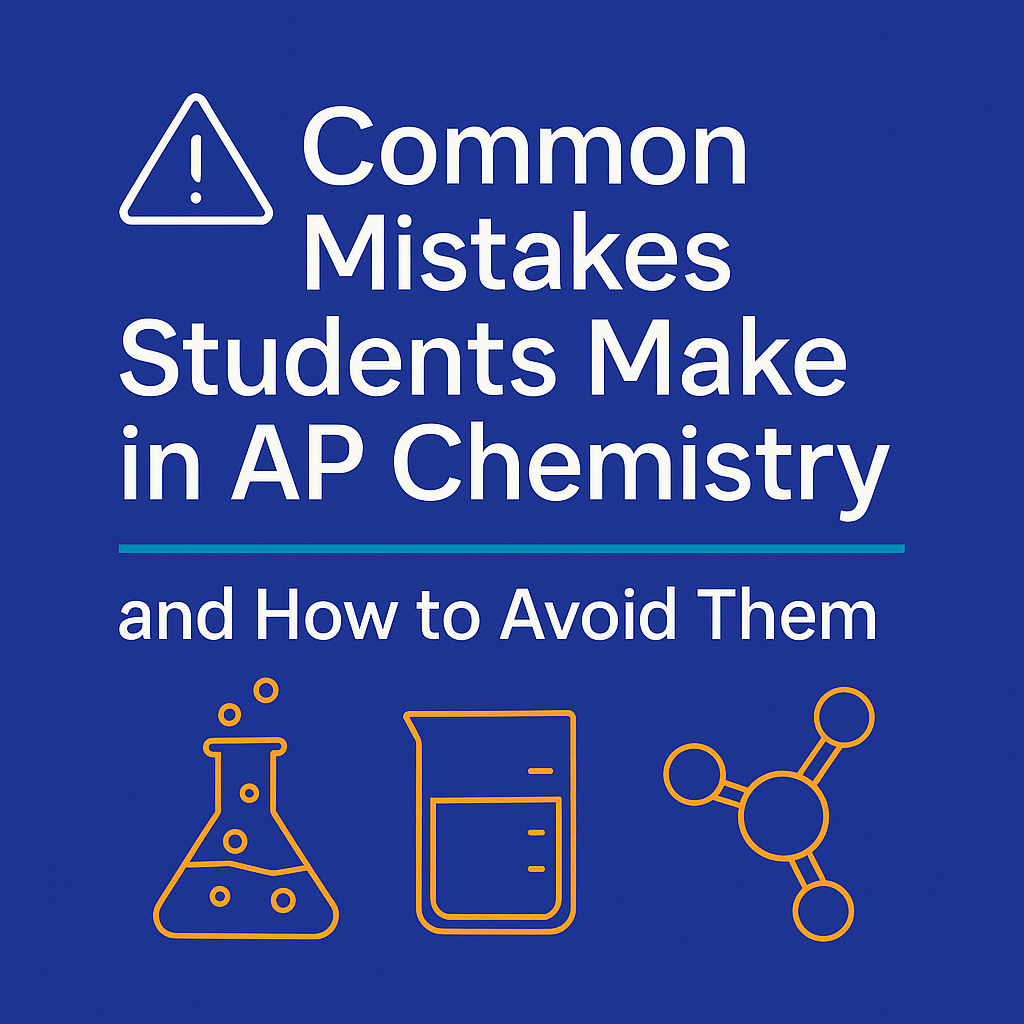How to Take Better Notes in Chemistry (That Actually Help You Revise)
Good notes don’t have to be beautiful or perfect — they just need to help you learn.
Taking notes in chemistry often feels like a necessary task, but not always a helpful one. You might spend an hour writing everything down in class, only to find that when it’s time to revise, those notes are confusing or incomplete.
If that sounds familiar, this guide is for you. Whether you’re studying GCSE, A-Level or IB Chemistry, the right note-taking strategy can help you retain information, understand tricky concepts, and revise far more efficiently.
Why Note-Taking Matters in Chemistry
Chemistry isn’t just about memorising facts. It’s about applying ideas, solving problems, and linking topics across the curriculum. Good notes make it easier to:
Understand complex concepts
Identify key equations and definitions
Organise your thinking across different topics
Prepare more efficiently for exams
Don’t Copy Everything — Focus on What Matters
Trying to write down every word from your teacher or textbook is one of the most common mistakes students make. Instead, your goal should be to capture key information, not transcribe everything.
In class, focus on:
Definitions and key terms
Equations, formulas, and reaction pathways
Diagrams and labelled structures
The teacher’s explanations that help you understand why something happens
Instead of writing:
When magnesium reacts with hydrochloric acid, it produces magnesium chloride and hydrogen gas
You can write:
Mg + 2HCl → MgCl₂ + H₂↑
Use an Effective Note-Taking Format
Well-structured notes are easier to revise from. Try using one of the following formats:
Cornell method: Divide the page into notes, key points, and a summary section
Bullet point lists: Ideal for definitions, comparisons, and step-by-step processes
Mind maps: Great for connecting related ideas (e.g. functional groups in organic chemistry)
Tables and flow charts: Perfect for trends in the periodic table, reaction mechanisms, or summary comparisons
These formats help you structure and digest the information actively, rather than just copying passively.
Review and Rewrite Notes After Class
One of the best ways to learn is to rewrite your notes after the lesson while the material is still fresh. This helps you identify gaps in understanding and strengthen recall.
Summarise each topic on a single page
Use colour to highlight important concepts or link ideas
Add diagrams or worked examples from past papers
This process turns class notes into a revision tool you can actually use later on.
Use Your Exam Board’s Language
Every chemistry exam board has its own way of phrasing questions and defining terms. That means your notes should reflect exact terminology used in the syllabus.
Make sure you’re including:
Key definitions from your specification
Required practical methods and outcomes
The difference between command words like describe, explain, and evaluate
Aligning your notes to the exam board language helps you write answers that gain maximum marks.
Digital Notes vs. Paper Notes
Both approaches work – it depends on your style and what you’ll actually revise from. If you prefer digital tools:
Use Google Docs, OneNote, or Notion to organise by topic
Convert your notes into flashcards using Quizlet or Anki
Consider apps like GoodNotes if you have a tablet and enjoy handwriting
What matters most is that your notes are easy to return to, update, and revise from – not how they’re stored.
What to Avoid
Here are some common pitfalls that make note-taking less effective:
Writing everything down without understanding it
Highlighting too much without context
Letting your notes pile up without reviewing them
Avoid these, and your notes will be far more useful when exam time comes around.
Final Thought
Good notes don’t have to be beautiful or perfect — they just need to help you learn. By focusing on what matters, reviewing regularly, and tailoring your notes to your exam board, you’ll be in a much stronger position when it comes to revision and exam performance.
If you’d like support developing better revision strategies or tackling difficult chemistry topics, you can always book a free online session to find out how personalised tuition can help.





Understand AQA A-Level Chemistry Section 3.1.1.2 on mass number and isotopes. Learn key definitions, isotope notation, calculations, and how this topic builds your scientific and exam skills.